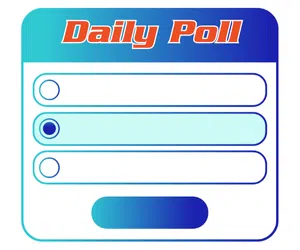Texas A&M University System regents approved new rules requiring campus presidents to review any course that could be interpreted as advocating for race or gender ideology or covering sexual orientation or gender identity in ways the system deems inappropriate.
The Texas Tribune reported that the policy defines race ideology as attempts to shame a race or ethnicity or encourage activism in place of instruction. It defines gender ideology as self-assessed gender identity disconnected from biological sex.
Regents also backed a rule preventing faculty from teaching material that diverges from approved course outlines. Enforcement begins in spring 2026.
The action follows secret recordings of a professor discussing gender identity in a children’s literature class, which triggered public backlash and prompted systemwide reviews.
Regents Chair Robert Albritton said the board received 142 written comments. Of the 10 people who testified, eight opposed the measures, and two supported them.
When asked to explain how the system will distinguish advocacy from teaching, regent Sam Torn said campus presidents will make those decisions. He said the aim is to ensure courses follow the stated outlines.
European history professor Miranda Sachs warned the board that the policy’s restrictions on race and ethnicity could block her from teaching the Holocaust. She told regents the rules would make it impossible to cover that history.
Regent John Bellinger responded that common sense must apply, saying concerns about barring discussion of world wars go too far.
Regents also outlined a new audit process for every course in the system’s 12 universities.
Vice Chancellor James R. Hallmark said campuses will upload outlines and course details to a database for artificial intelligence review. The system will examine whether courses match approved descriptions, fulfill degree requirements, and provide true elective choices.
Hallmark said the depth of analysis is unprecedented and will support compliance with the new rules.
He said the initiative is designed to clarify course purposes and improve transparency.
The system also plans to launch a 24/7 option for students to report concerns about course content.
Critics, including free speech advocates, argue the policies risk censorship and could chill academic freedom.
Robert Shibley of the Foundation for Individual Rights and Expression said faculty may begin shaping instruction around avoiding trouble instead of ensuring accuracy.
On Jan. 20, 2025, President Donald Trump signed Executive Order 14151, titled “Ending Radical and Wasteful Government DEI Programs and Preferencing.”
Trump’s order directs federal agencies to terminate diversity, equity, and inclusion (DEI) programs, mandates, policies, and offices because they constitute “discriminatory preferences.”
Enforcement has expanded to include reviews of colleges and universities that have used government funding to support DEI programs.
© 2025 Newsmax. All rights reserved.






